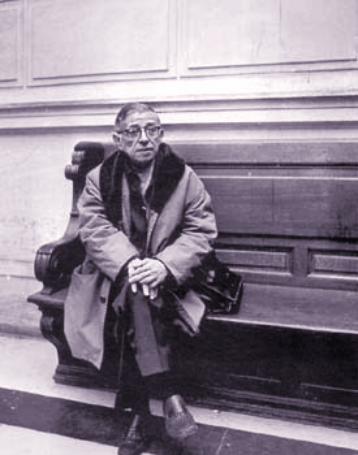Historical Materialism and Marxist Anthropology
Premises for a Theory of the Singularity in Sartre
DOI:
https://doi.org/10.13130/2239-5474/12364Keywords:
Singularity, Marxism, «human reality», anthropologyAbstract
After declaring that the reduction of the sartrean thought to simplified hermeneutical schemes cannot be considered as suitable anymore, the essay outlines the theme of singularity as a red thread that bind those writings, appeared during the ’50 and the ’70, where Sartre declares he would revise domain and method of a Marxist anthropology. The theoretical core of those writings is represented by the Critique of the Dialectical Reason. In its Foreword, previously published as Search for a Method, Sartre states that existentialism could play a major role in giving Marxism a methodological consistency and leading it to be founded as a rigorous historical materialism. The core of the Being and Nothingness ontological project is given by the notion of «human reality», which is an «anthropologically» radicalized version of the heideggerian Dasein. Taking inspiration from Heidegger, but nonetheless modifying his premises, Sartre gives to «human reality» a specific materialist trait, conceiving it as organic lack. In this way, the Marxist schemes of intelligibility of the historical and material processes could be reconsidered taking into account the «human reality»’s contingent nature. This is what pushes Sartre towards a revision of the dialectics, opening it to the comprehension of the singularity of everyone and to a historical knowledge that could finally aim to reach a true concreteness.
Downloads
Published
Issue
Section
License
- Authors retain copyright and grant the journal right of first publication with the work simultaneously licensed under a Creative Commons Attribution License that allows others to share the work with an acknowledgement of the work's authorship and initial publication in this journal.
- Authors are able to enter into separate, additional contractual arrangements for the non-exclusive distribution of the journal's published version of the work (e.g., post it to an institutional repository or publish it in a book), with an acknowledgement of its initial publication in this journal.
- Authors are permitted and encouraged to post their work online (e.g., in institutional repositories or on their website) prior to and during the submission process, as it can lead to productive exchanges, as well as earlier and greater citation of published work (See The Effect of Open Access).



